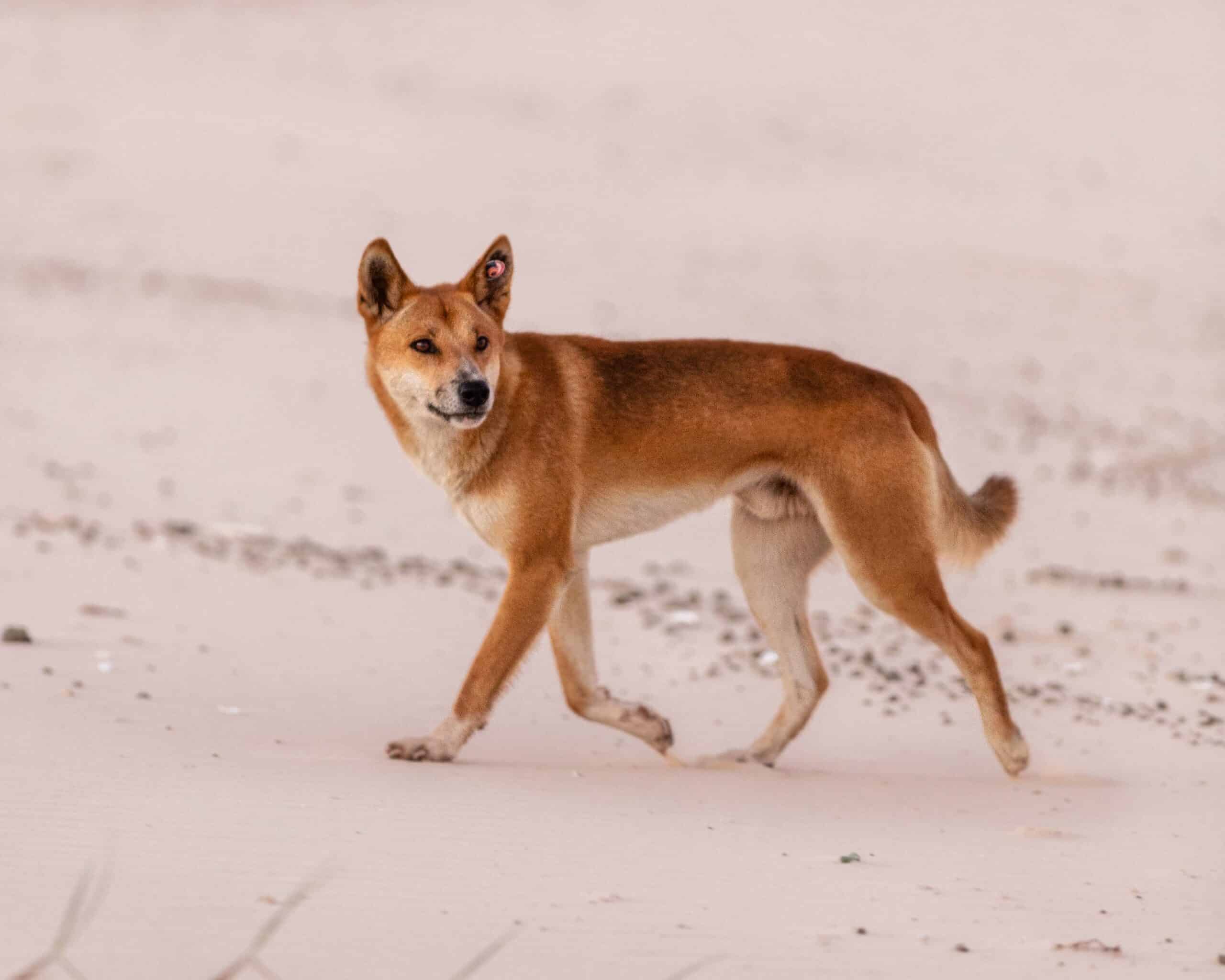When disaster strikes, wildlife rescue is rarely quick or simple. It is a slow, meticulous act of care that often begins with a single phone call from a worried member of the public, or a sighting by a search team moving through burned country. During the ongoing bushfires in Victoria, Humane World for Animals teams have been...
Whilst many of us have been enjoying a break over Christmas and New Years, spare a thought for the whales in the Southern Ocean. While we have been sat by the beach or spending time with our family, Antarctic minke whales in their summer Antarctic feeding grounds, many of them pregnant females, are being relentlessly pursued by Japanese whalers and their harpoons all in the name of so called ‘science’.
For its part, HSI Australia has long fought to end whaling in the Southern Ocean as part of a broader pro-whale agenda. In 2008, after years of legal wrangling, HSI won an important legal case when the Federal Court found that a Japanese whaling company had killed whales in the Australian Whale Sanctuary and that these activities were in breach of Australia’s Environment Protection and Biodiversity Conservation Act 1999 (EPBC Act). In 2015, HSI took this case back to the Federal Court and won again, with Kyodo being fined $1 million.
HSI’s efforts also shaped the decision of Australia to take the case against Japanese whaling in Antarctica to an international court. On 31st March 2014, the International Court of Justice found that Japanese whaling in Antarctica was in breach of the whaling moratorium and called on Japan to cease whaling immediately. Despite this, Japanese whalers returned to the Southern Ocean again in 2015/16 killing more than 300 whales, many pregnant females. Once again Japan has set itself a quota of 333 Antarctic minke whales to kill in the 2016/2017 season now underway in the Southern Ocean.
Japan appears to be immune to international condemnation of its actions, carrying on with its whaling regardless, simply rebadging it after the International Court of Justice ruling and reducing the number of whales it planned to kill. However HSI is not prepared to give this issue up without a fight. It is clear that what may have been acceptable 30 years ago before the global moratorium on commercial whaling came into force in 1986, or even 70 years ago before the International Whaling Commission was founded in 1946, is no longer the case in our modern society. There is no longer a place for whaling in our modern world, and especially not lethal research programs in the name of so called ‘science’ when it has been proven that equally valuable research can be gained via non-lethal means.
On 16th December 2016 HSI, represented by public interest environmental lawyers EDO NSW (Environmental Defenders Office) sent an official enforcement notice to Japanese whaling company Kyodo Senpaku Kaisha Ltd (Kyodo) with a clear message that further action will be taken if it fails to comply with the Court’s orders. We are putting the whalers on notice that their continued breach of Australian Federal Court orders will result in enforcement proceedings being pursued against them. HSI will continue to remind the whalers that they face fines and prosecution under Australian law and work to ensure that our laws and courts are no longer flouted in the hope that our efforts can save the lives of even more whales in the future.


